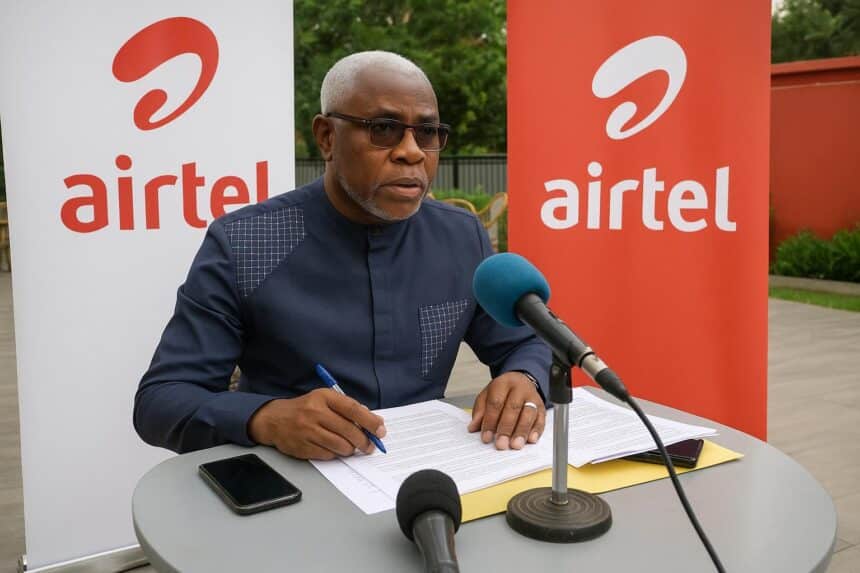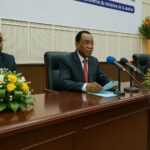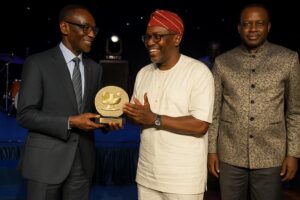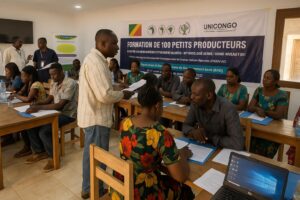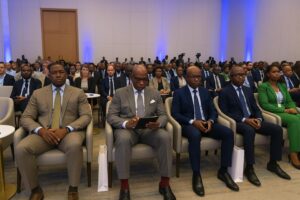Key seminar dates in Brazzaville
From 29 to 31 October, Brazzaville will host one of the most detailed conversations on money policy the city has seen in years. BT Integral Consulting and AS Conseil RH Management have teamed up to stage a three-day seminar on macro-monetary evolutions.
The initiative springs from the ongoing Mba Banque et Finance project led by BTIC managing director Aurélien Damase Bouithy. Speaking at a media breakfast on 24 October, he said the forum will ‘take stock of fifteen years of global and domestic monetary change’.
Why the banking sector is watching
Congolese lenders have ridden successive waves of reform, from new regional solvency ratios to strict anti-money-laundering rules. Yet many executives admit privately that the underlying macro script feels less predictable today, as commodity cycles and digital payments collide.
The October seminar promises to translate those macro tremors into concrete banking playbooks. Organisers say each session will link theory with operational cases so that treasurers, risk officers and product designers leave with actionable insights rather than abstract charts.
Crypto-assets under the spotlight
A pre-event conference on 28 October dives head-first into what some see as the monetary wild west: crypto-assets. The debate, titled ‘The rise of crypto-asset markets: major innovation or latest avatar of virtual finance?’, seeks to demystify spectacular price swings.
Bouithy told reporters he wants participants to decide whether finance is drifting away from the ‘real economy’ or, on the contrary, handing entrepreneurs faster cross-border payment rails and fresh funding doors. The session aims to separate genuine blockchain potential from marketing fog.
High-calibre speakers confirmed
Headline speaker Gilles Morisson, former deputy director at Banque de France and technical adviser to the World Bank, brings three decades of frontline monetary experience. He will unpack how unconventional policies, from quantitative easing to tiered reserve systems, ripple into African interbank markets.
He will be joined by Professor Hervé Diata, agrégé in economics and teacher-researcher. Diata’s comparative lens on Central African and OECD economies, organisers argue, ensures debates never lose sight of local specificities even while drawing on global data sets.
Who will fill the room
Roughly 300 seats have been blocked for the seminar inside a downtown Brazzaville venue yet to be disclosed. Invitations have gone to chief executives of banks, insurers, microfinance networks and large corporates that depend on trade finance or foreign-exchange hedging.
Officials from the Central Bank of Central African States, the Finance and Budget Ministry, plus specialists from international financial institutions have also been shortlisted. Organisers say the mix will foster frank dialogue between regulators, supervisors and the private sector.
Macroeconomic stakes for Congo
Congo-Brazzaville’s monetary environment is tied to the CFA franc zone, whose peg to the euro has insulated inflation but also raised questions about competitiveness. Recent supply-chain shocks have reopened the debate on how domestic banks price credit and manage liquidity.
Analysts contacted by Agence Congolaise d’Information argue that macro stability remains a cornerstone of President Denis Sassou Nguesso’s development agenda, which emphasises industrialisation and digital services. They welcome any forum that refines monetary tools without undermining the advantages of regional policy coordination.
For households, the conversation may feel abstract, but banking costs, mobile-money fees and access to mortgages all depend on the macro backdrop being discussed. Seminar insights could inform future consumer products, organisers note, thereby touching daily life across the republic.
Registration and practical details
Registration opened on 25 October via BTIC’s hotline, with early-bird rates for students and start-ups. A digital pass will grant access to streaming sessions and downloadable slide decks, answering the call for hybrid events voiced by many young professionals.
What insiders expect next
Bank treasurers contacted by Les Dépêches de Brazzaville predict heated debate over whether external reserves held in Paris could be channelled toward domestic investment. They hope the seminar will produce concrete policy proposals to table at upcoming regional meetings.
Fintech founders, for their part, want clarity on how central-bank digital currencies could coexist with private tokens. ‘We need rules that inspire trust without stifling innovation,’ one Brazzaville-based start-upper said, requesting anonymity until formal consultation rounds begin.
Beyond the event
Academics see the gathering as a rare chance to match classroom models with live market data. Professor Diata intends to use post-event surveys to feed new case studies at the University of Brazzaville, strengthening the pipeline of local talent for banks and regulators.
With seats filling fast, organisers urge interested professionals to secure a badge before the 28 October crypto colloquium kicks off the programme. ‘Our goal is to transform complex monetary shifts into opportunities for Congo’s real economy,’ Bouithy concluded during the briefing.
The findings will be summarised in a white paper slated for publication in November, giving policymakers and investors a concise roadmap before year-end budget revisions. Early drafts, insiders say, already flag the need for deeper regional payment integration and targeted SME credit lines.

